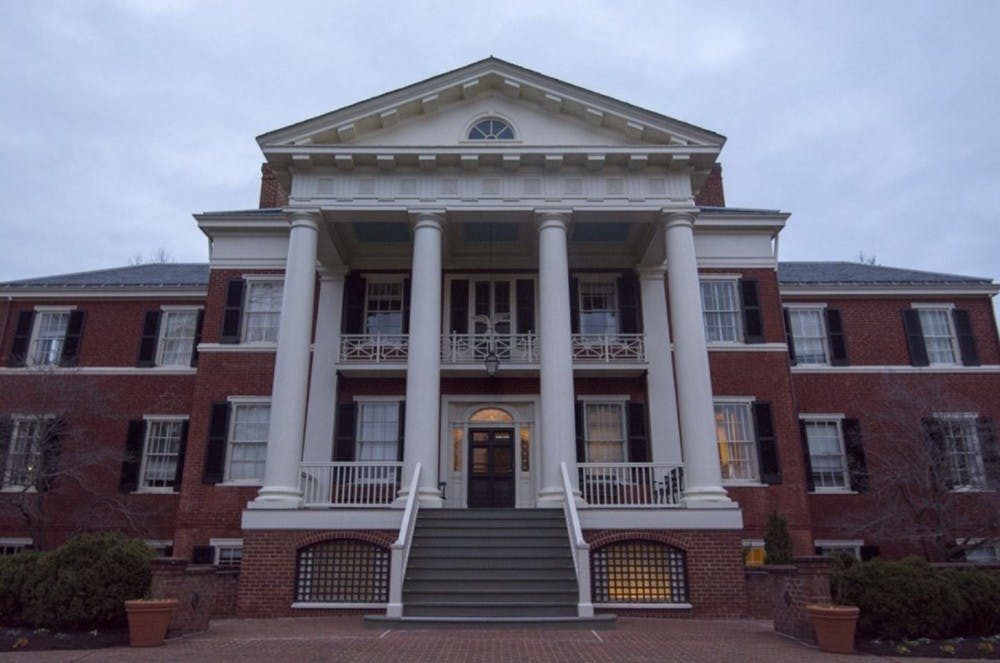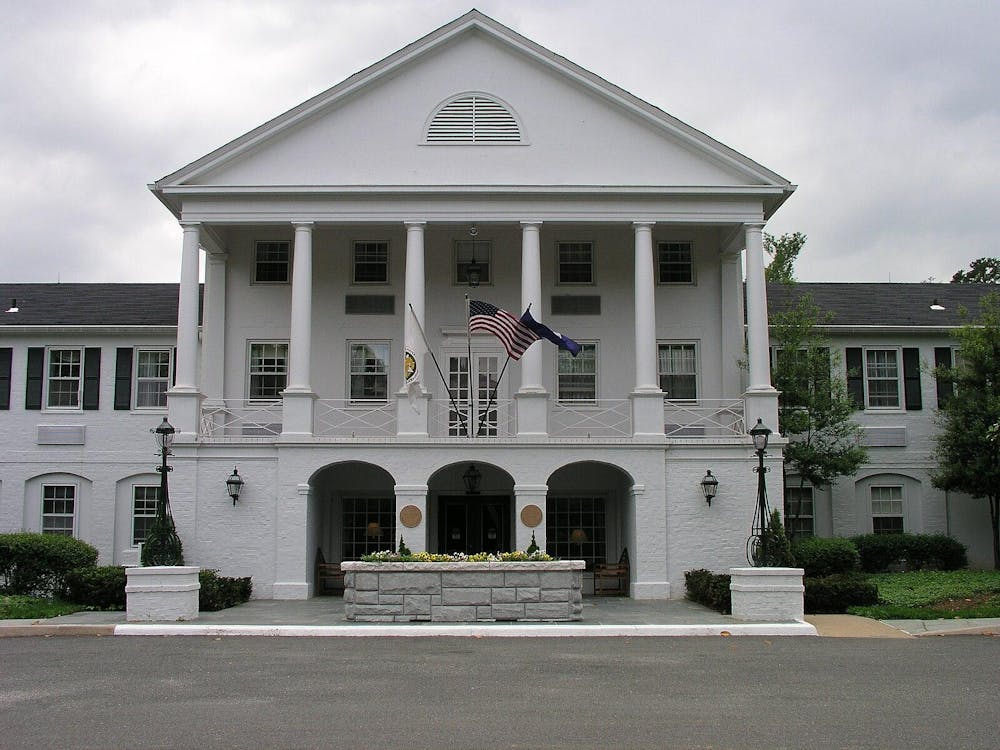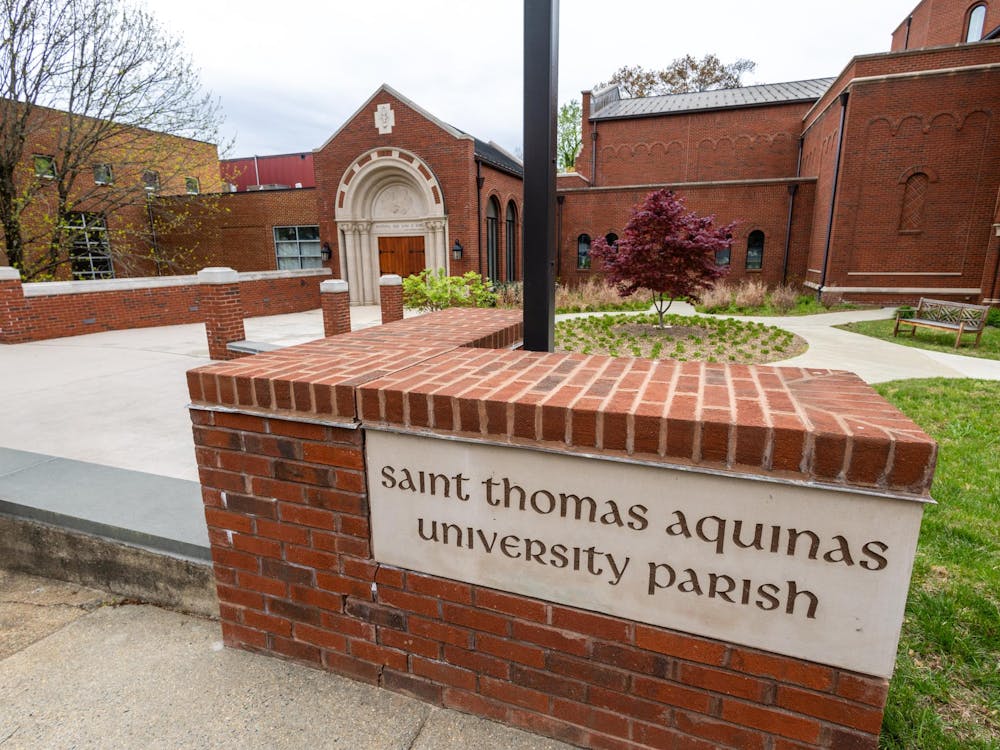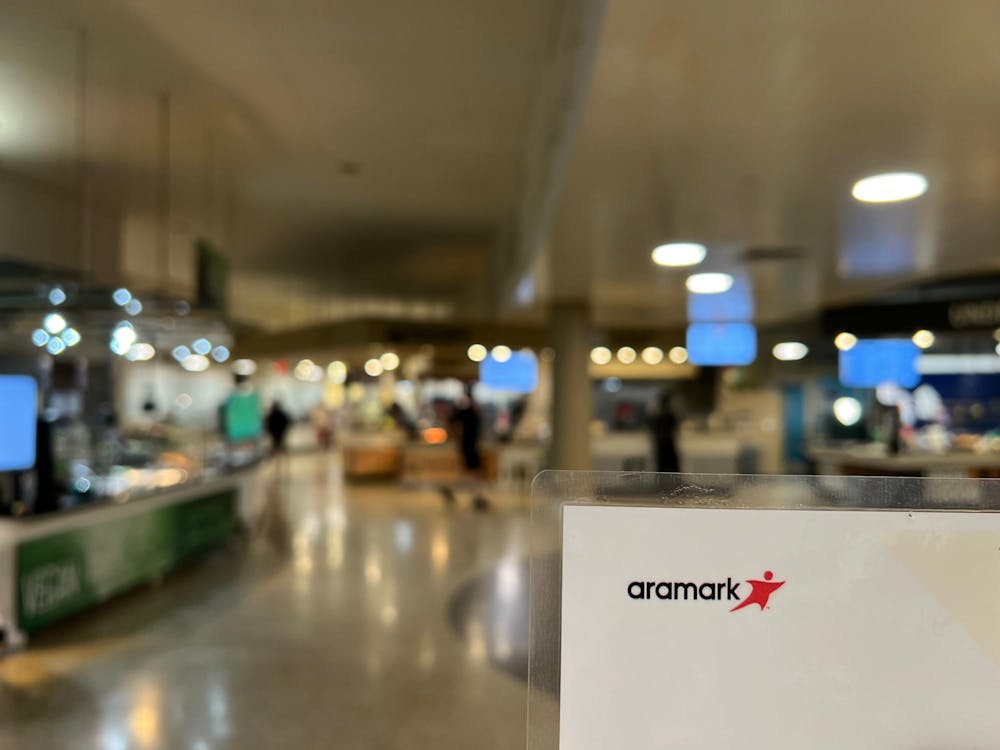As the nation’s attention focuses on Capitol Hill, where President Donald Trump was impeached by the House of Representatives Dec. 18, the University’s Miller Center of Public Affairs relays information about impeachment through online publications, media appearances and live events. The Center contextualizes current events with the study of the Clinton impeachment, Nixon’s impeachment and impeachment’s early history in the United States.
Despite the chaotic events happening in the nation’s capital, William Antholis, director and CEO of the Miller Center, believes the Center is poised to make important contributions to the national conversation.
“[Impeachment creates] the best of times and the worst of times for places like the Miller Center,” Antholis said. “We feel really called to serve. We think our expertise … brings a combination of scholarly rigor, with non-partisan civil discourse. It's the worst of times because this is a very trying moment in our country.”
The Miller Center’s expertise contributes to the national conversation and education on impeachment through a comprehensive analysis about the process in multiple facets, processing the news today with a historical lens.
“We are sought out quite frequently by journalists in particular, who are looking for context and background and trying to place what's happening now in the context of history and what has happened before,” said Howard Witt, director of communications and managing editor at the Miller Center. “And so we created a kind of mini site on our website, which is devoted to impeachment.”
Despite the amount of controversy surrounding the president’s impeachment, Witt says that the Center aims to be nonpartisan as possible. The Miller Center accomplishes this primary goal of education by having conservative and liberal voices contribute to the controversial conversation.
“We're not in the business … of expressing partisan opinions about whether [impeachment] is a good thing or a bad thing,” Witt said. “Instead, we really are about providing a lot more information and context that we hope goes a lot deeper it goes beyond all of the snark … that really seems to characterize … our public debate these days.”
Although the Miller Center enjoys being a go-to source for political coverage today –– averaging two mentions in the media per day –– Witt notes that the Center has worked hard for four years to gain this popularity.
“It is not an accident that the media beats a path to our door,” Witt said. “We've worked really hard to get our profile raised … So many journalists know about us that we don't have to promote ourselves so much, because they know if they have a question, they're going to call us, we're going to hook them up with an expert who can answer whatever their particular question is.”
Chris Lu, a senior fellow in the Miller Center, is one of these experts. From Bloomberg podcasts to MSNBC talk shows, Lu offers his thoughts on impeachment within the context of impeachment’s history.
“I think the analysis [the Miller Center] provide is well reasoned,” Lu said. “As I said, it's based in facts and long history. And I think that's one of the reasons, or perhaps the main reason, why the Miller Center exists. You know, I'm proud to be part of this effort.”
As for live events, the Miller Center hosts weekly forums in their North Grounds location, with 100 to 150 students attending and thousands more watching on an online live stream. These discussions have focused mostly on discussing impeachment since the process began in September.
Along with the weekly forums, Antholis said the Miller Center will host an impeachment pop-up roundtable discussion Jan. 17 in the Rotunda, telling The Cavalier Daily that “the Miller Center is organizing it as part of U.Va.’s new Institute of Democracy, which is a partnership President Ryan announced in May at the Presidential Ideas Festival.”
Antholis added that the program “brings together the major schools and centers of the University to work together on big issues facing democracy.” Barbara Perry, the Miller Center’s Director of Presidential Studies, will moderate a panel that includes Philip Zelikow, a professor in the Miller Center and the History Department, Deborah Hellman, a Law professor, and Chris Lu as they answer questions from students.
This kind of dialogue between students and experts emphasizes the Miller Center’s effort to educate people about impeachment. Their efforts create the foundation for any American citizen to learn and use that information in conversation.
“We very much believe in the concept of civil dialogue,” Witt said. “And we haven't given up on the idea that Americans are intelligent people and they can have intelligent conversations with each other across their political differences and maybe come to some agreement or consensus about the way forward.”







